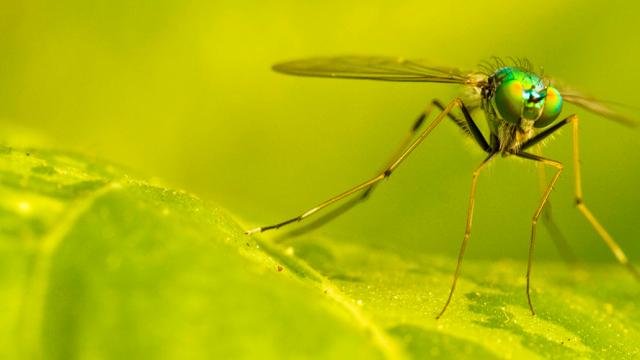Mosquitos suck. It’s not just because of those itchy red bites we all get in the summer, either. Mosquitos suck because they’re the deadliest animals on the planet, and none of our classic strategies from combatting the threat seem to be working. That’s why we’re turning the mosquitos against themselves.
In recent years, scientists have studied a number of methods that involve genetically modifying or otherwise mutating mosquitos in order to stop the spread of disease. This makes sense because the powers of 21st century human science can surely defeat any demon. (Right?) But it’s also a little bit controversial because people tend to clam up when the destruction of a species is under consideration.
Regardless of ethics, you’d probably be willing to try anything in order to stop your children from dying of malaria or dengue fever. So how are we actually trying to save lives with these mutant insects? Let me count the ways.
Releasing good mosquitos to kill the bad mosquitos
The latest science-driven strategy for wiping out diseased skeeters is being unleashed right now in Brazil, Australia, Vietnam and Indonesia. Tens of thousands of mosquitos that have been infected with Wolbachia, a special bacteria that suppresses dengue fever, will be released in specific communities every month for the next four months. The idea is that these infected mosquitos will mate with dengue-carrying mosquitos, the Aedes aegypti species.
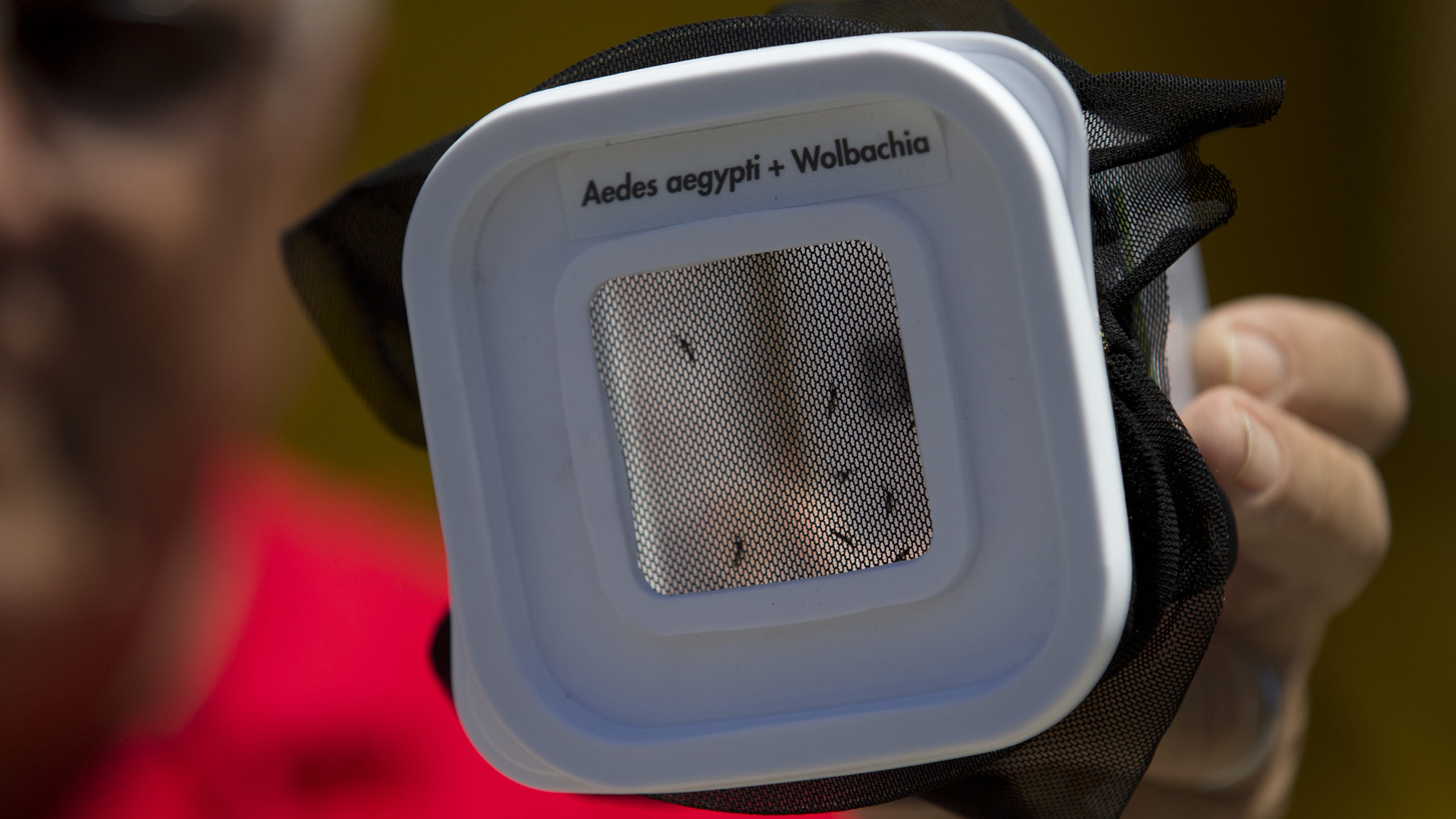
The Wolbachia bacteria acts like a vaccine for infected mosquitos, but it also acts like birth control. If an infected male fertilises an uninfected female, the eggs do not turn to larvae. Eventually, scientists hope that the bacteria will become widespread and prevent the spread of dengue. Since it doesn’t affect humans, this is a pretty good solution for eradicating the disease without committing mosquito genocide.
Using mutant mosquitos to commit mosquito genocide
The other popular option on the table does indeed involve committing mosquito genocide. A few years ago, researchers in Brazil started genetically modifying the Aedes aegypti species, so that when the male mosquitos mated with females in the wild, the offspring would die young. Well, more specifically, the mosquito larvae would die before they could bite anyone and infect them with dengue fever.
Killing mosquitos sounds mean. But dengue fever, a potentially deadly disease that threatens over 40-per cent of the world’s population, is a serious problem. The genocide approach is also very effective. A few months after beginning an experiment with the genetically modified mosquitos, over 84-per cent of the mosquito population in one community in Brazil carried the gene. However, similar experiments have been put on hold in the United States, where scientists are cautious about the effect on the local ecosystem — not to mention humans.
Zapping mosquitos right on the nose
Hey look, a happy solution! Last year, a team of American scientists announced a method for genetically modifying mosquitos so that they lacked certain receptor molecules that helped them smell. The mutant mosquitos were so smell-dumb that they couldn’t distinguish the smell of human body odour — that’s their favourite — from other animals. Since body odor is how mosquitos seek out humans, this spells good news for lessening the spread of disease.
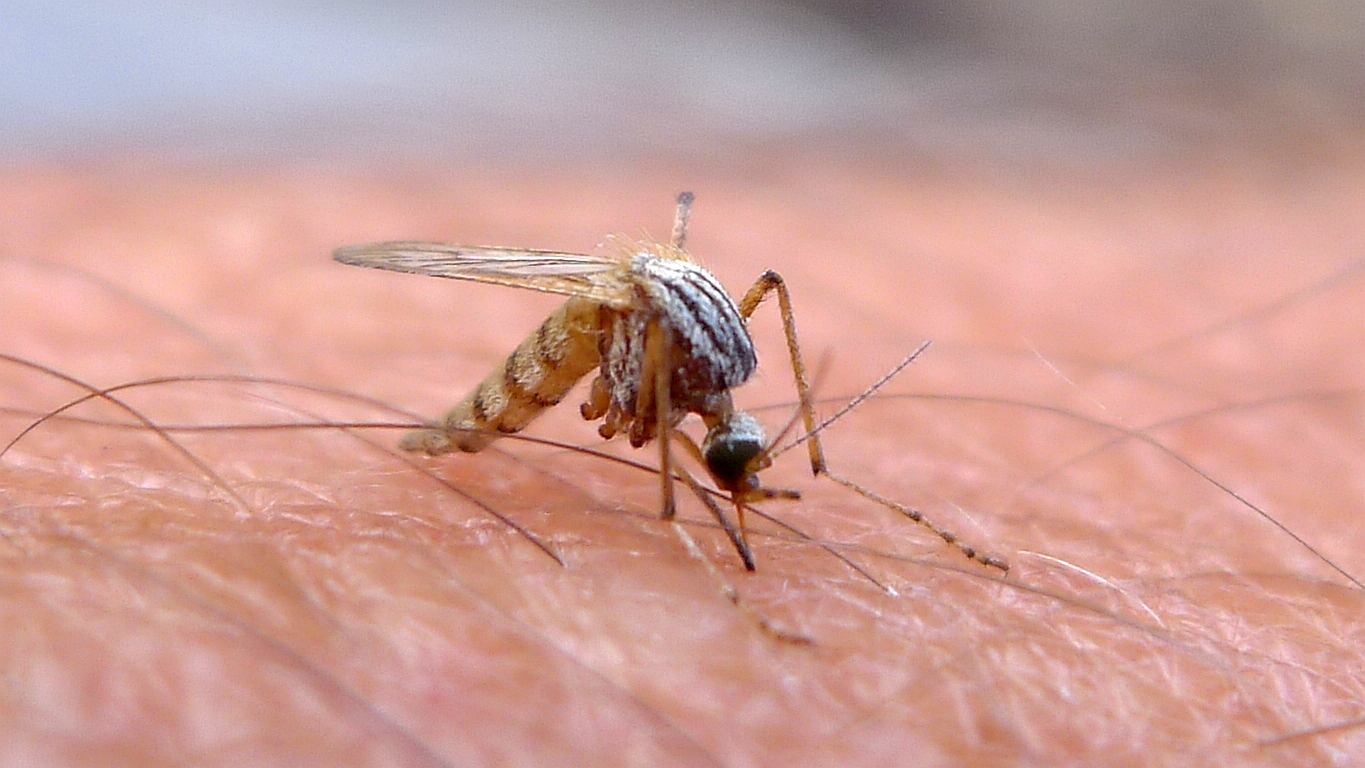
“It’s sort of like a game show where the mosquitoes are released into a box and we ask them to choose door number one, where there’s a human arm, or door number two, where there are our beloved guinea pigs,” Leslie Vosshall, a neurobiogist who helped with the research, told Nature. While the genetic modification certainly helps, it wouldn’t necessarily mean the end of mosquito bites. That’s why scientists are now focusing on using the breakthrough to make a next generation mosquito repellant. After all, we don’t even know how DEET works, and it’s potentially dangerous.
Clipping mosquitos’ wings
Turns out it’s pretty effecting to straight up screw with mosquitos’ mobility. One American molecular biologist has been perfecting a method for altering mosquito genes so that the females are born without wings. Since the female mosquitos are the ones that bite, this should be an effective way to keep them from spreading disease. But here’s the kicker: The genetically modified males are born with wings, so that they can still mate with normal females and produce offspring that carry the modified gene.
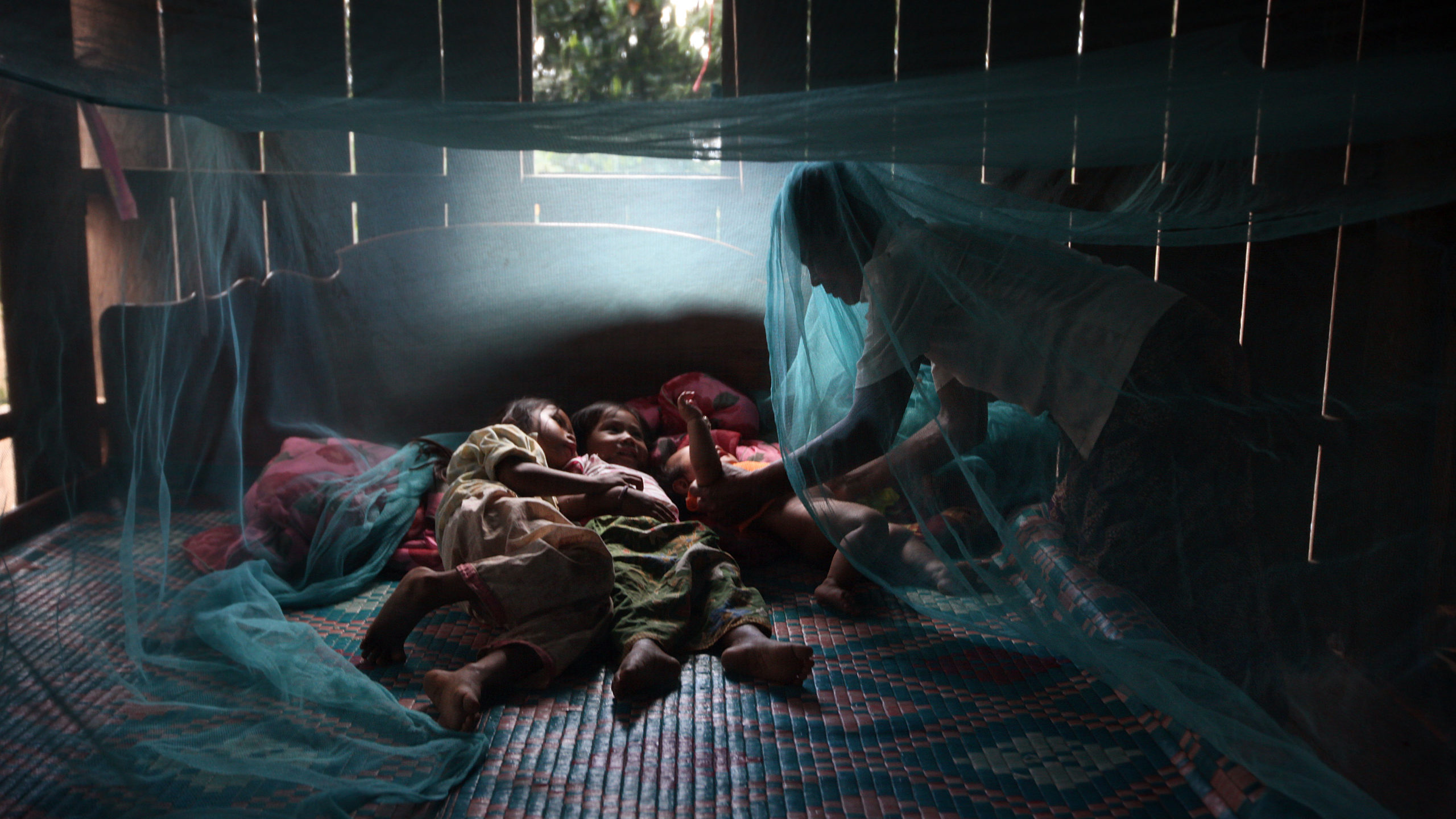
Obviously, this approach faces some of the same ethical hurdles that the genocide approach does. If enough generations of wingless females were born, the population of mosquitos would be greatly reduced and perhaps even eliminated. The eradication of malaria might be worth the risk, though. Over 207 million people worldwide contracted malaria in 2012 and an estimated 627,000 of them died. It’s a big problem.
Making malaria self-destruct
Finally, some scientists think that the best approach to fighting disease is not to target the mosquitos themselves. They want to make the mosquitos target the disease. A microbiologist in California is working on an approach that takes advantage of the fact that malaria parasites are host specific. The types of malaria that make humans since, for instance, do not make mice sick.
So researchers are trying to isolate the trait in mice that makes them resistant to human malaria and genetically modify mosquitos to carry the same trait. In theory, human malaria would self destruct in these mosquitos, and they would no longer be a threat — for malaria, at least. Of course, we’d also have to figure out a way to get these mutant mosquitos to breed more than regular mosquitos. Wait, why don’t we just kill them all, again?
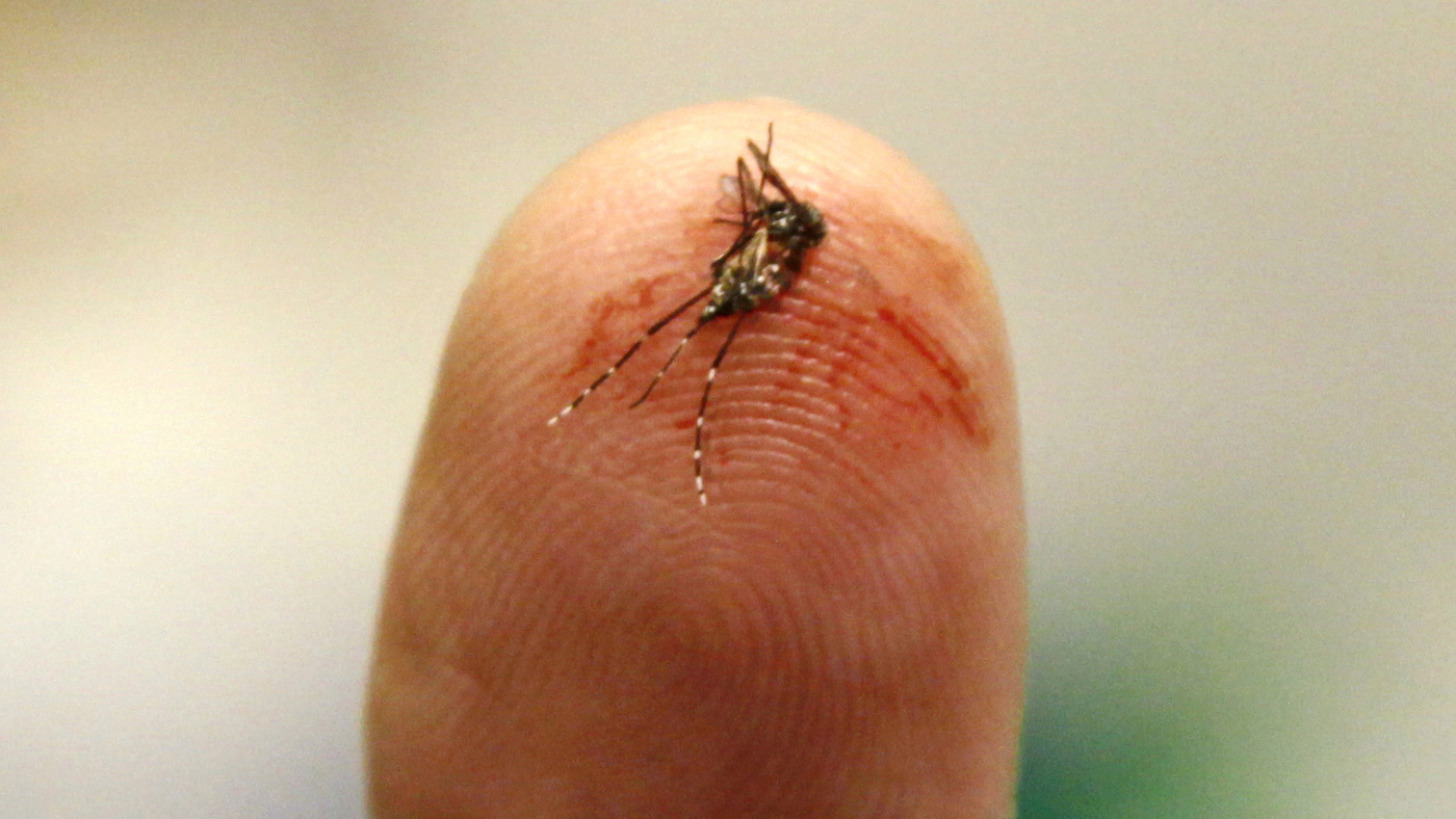
Because this is a hard problem. Mosquitos are incredibly resilient creatures, and they do play a role in the larger ecosystem. Even genetic modification could even have consequences that we won’t know about for years to come. But hey, by then we could be living in a world free of dengue fever and malaria, and maybe the trade-off would be worth it.
Pictures: Flickr / Getty / AP
